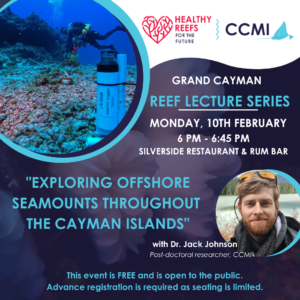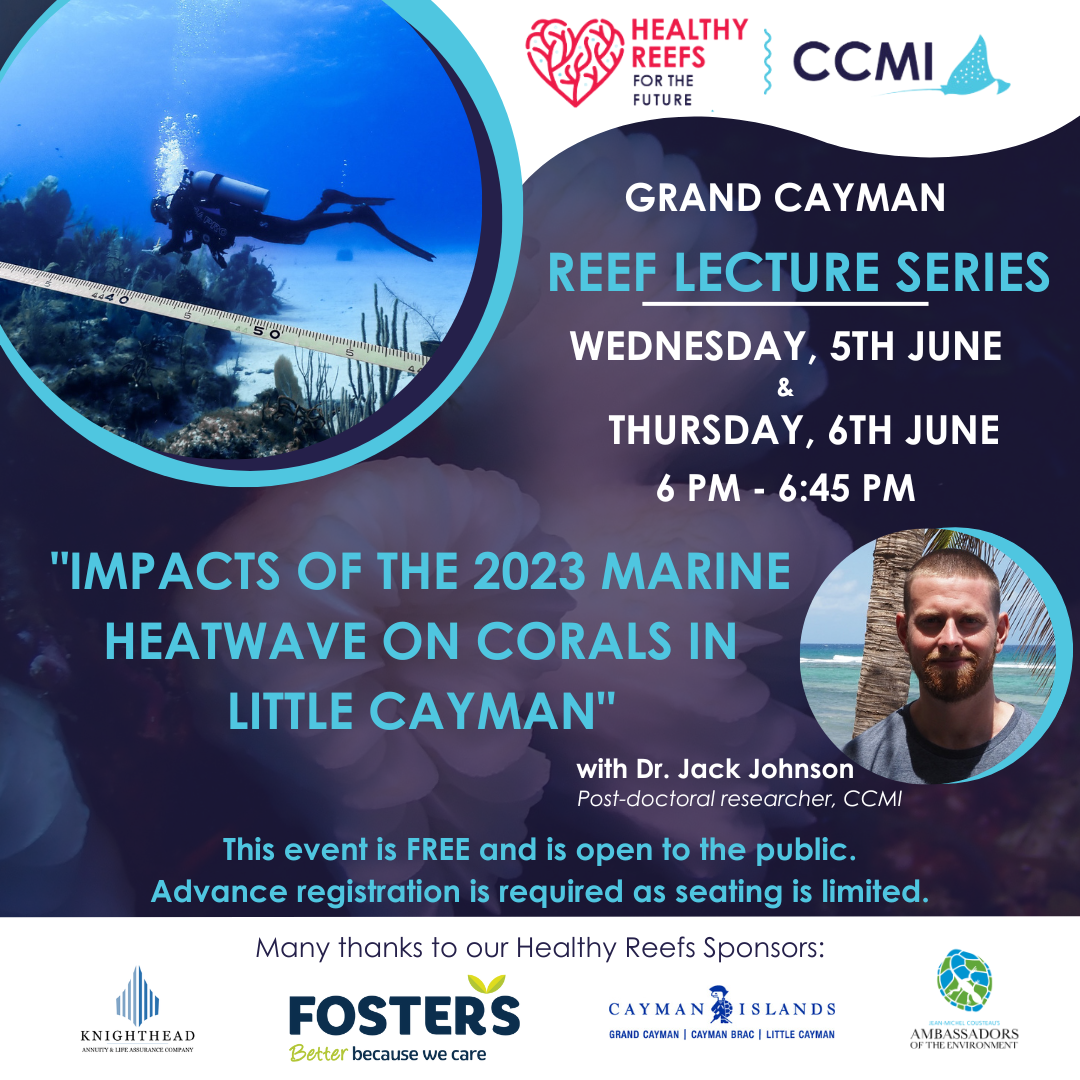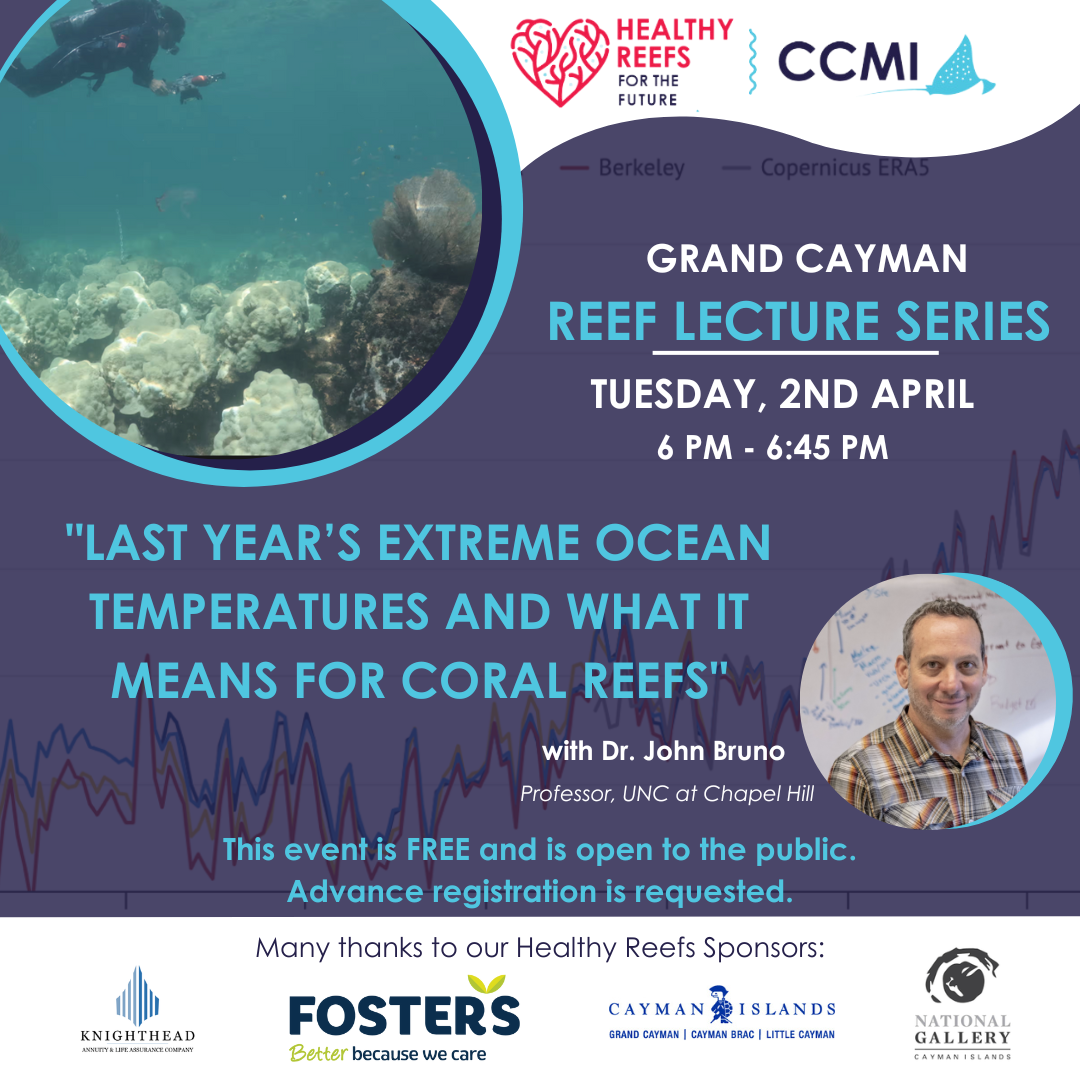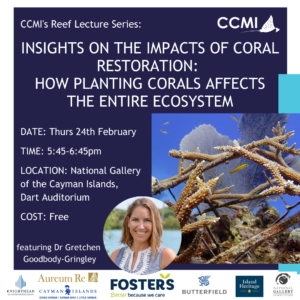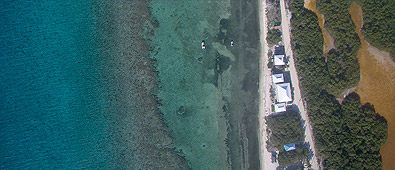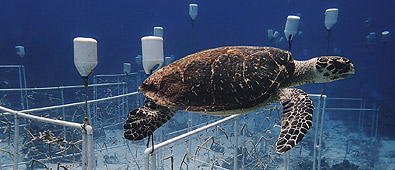Exploring offshore seamounts throughout the Cayman Islands
Dr Jack Johnson, Postdoctoral Researcher, CCMI
DATE: Monday, 10th February
TIME: 6:00 – 6:45 pm
LOCATION: SilverSide Restaurant & Rum Bar, George Town (Cash bar available)
REGISTER FOR FREE: https://donate.reefresearch.org/Seamounts2025
About the topic:
Off-shore seamounts are comparable to an oasis in the desert, providing habitat and refuge for creatures in an otherwise barren seascape. However, these underwater mountains exist at depths below recreational diving limits, meaning many seamounts are completely unexplored – such as our seamounts throughout the Cayman Islands. In 2023 and 2024 we sent our specialist rebreather dive team to survey these unique habitats, providing crucial information for future management. This research project is funded by a grant from the UK Government’s Darwin+ Programme and matched by a private donor, managed by the Alexandria Bank Corporation (Cayman Islands).
About the speaker:
Jack Johnson is an evolutionary ecologist conducting his postdoctoral research at the Central Caribbean Marine Institute in Little Cayman. Jack works on a variety of ecological systems and taxa, but currently his research focuses on characterizing mesophotic reef biodiversity, and the impacts of global stressors on shallow water reefs.

